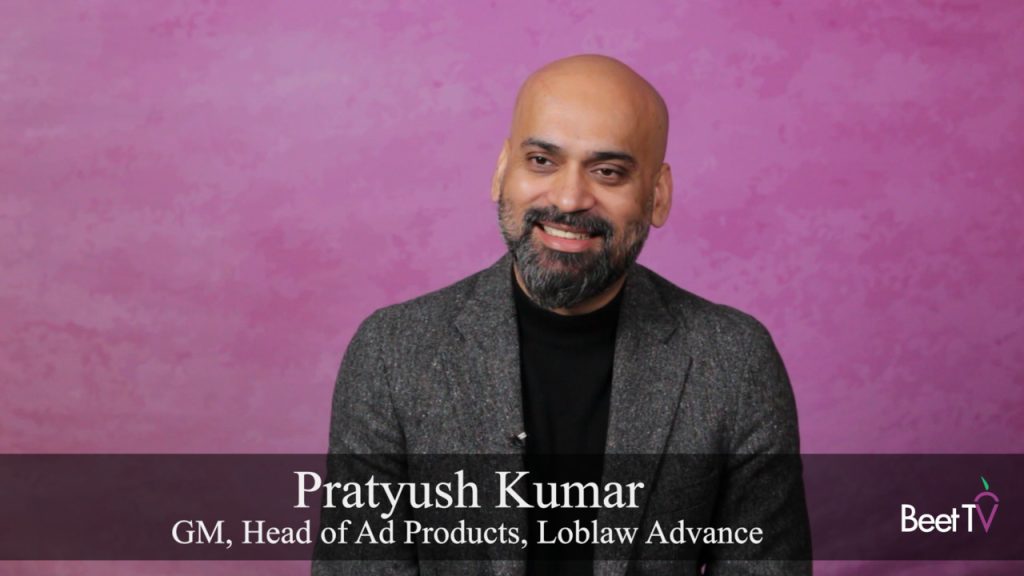Given the complexity of the premium video marketplace, “It’s just been messy to do business,” says Turner’s Beth Rockwood. But that doesn’t mean complexity is necessarily a bad thing.
For nearly 10 years the industry has been aware of the challenge of “needing to do something different and better,” Rockwood explains in this interview with Beet.TV at the recent CIMM Cross-Platform Video Measurement and Data Summit in Manhattan. “I think in the last two we’ve probably made a lot of progress. I think before then there wasn’t enough of a business need but now there certainly is and I think there has been a lot better progress.”
The SVP of Ad Sales Portfolio Research says of Comscore and Nielsen, “I think that they both have started to do more that’s actually helping us” while echoing the concerns of many CIMM participants about the need to make it easier to conduct business in cross-platform premium video.
“It’s just too hard. As this measurement improves it will become easier to transact.”
She describes the fragmentation of viewing options as “so extreme that it may not be the best thing for the consumer. So I do believe that they’re going to start looking for simpler solutions that provide more value” And while the marketplace is fragmented is now, it’s “going to coalesce around some solutions that actually have more consumer value.”
Asked whether there are too many measurement options for the sell-side, Rockwood doesn’t think so. “I think you have to have competition in this marketplace and you have two major companies that are trying to solve for this,” both of which are “getting traction.”
Beyond that competition is the disparity in data sets, whether they derive from an MVPD or in Turner’s case DirecTV and NBCU with Comcast that “can all be used in different ways and I think we’re finding our way through that now. I don’t think that the complexity is getting in the way of us doing business.”
On the subject of identity graphs, Rockwood stresses their importance in how video advertising and viewing related to individual households and individuals.
“Having high-quality information around what devices belong to which households and then which people are using those devices is I think really important,” Rockwood says. “I think that the Xander data will certainly give us a leg up in that race.”






























